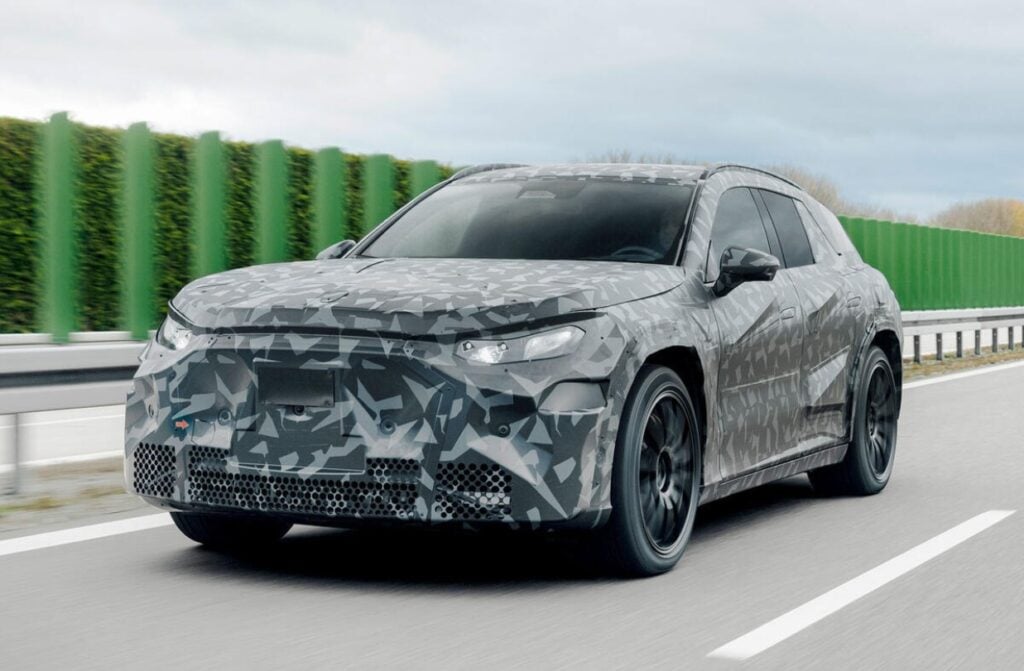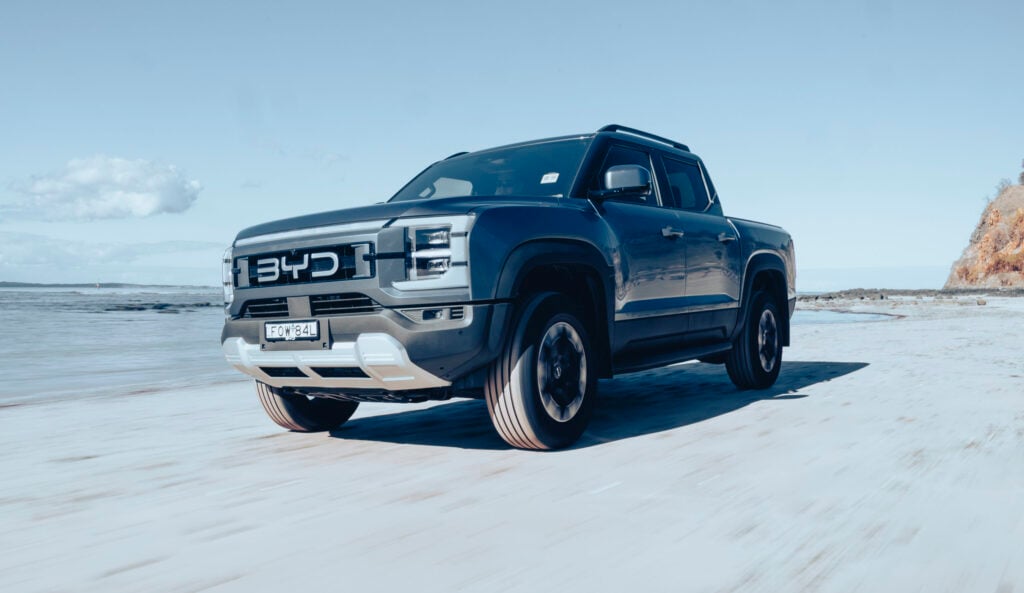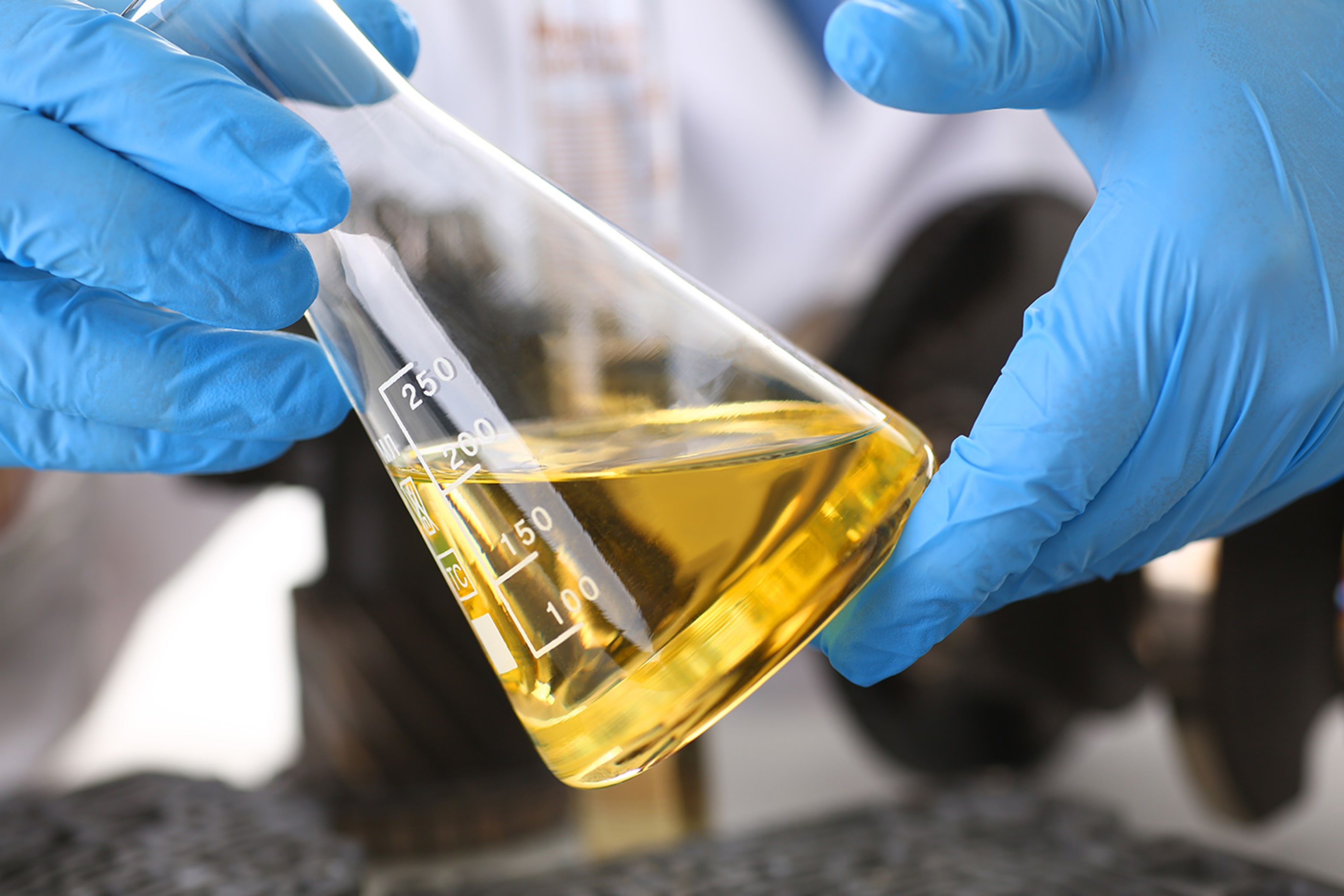
Key Points
- Mazda backs bio fuels to save the internal combustion engine
- Manufacturer has committed to 25 per cent electric vehicles in its line-up from 2030
- Hydrogen-powered engines already being touted as a fossil fuel alternative
As more and more manufacturers commit to electric vehicle production targets, some are hedging their bets by holding on to internal combustion engines until the end.
Japanese manufacturer Mazda has been conservative with its electric vehicle (EV) production targets, having previously announced just one-quarter of its models will be fully-electric by 2030, far less than most European manufacturers which expect over half their sales to come from EVs.
However, it seems there’s a reason behind this, as Mazda’s European arm believes advancements in synthetic, sustainable fuels will ensure the future of ICEs, acting as a complementary technology between conventional engines and EVs.

Speaking to Autocar, Mazda’s European research director Christian Schultze said bio fuels weren’t there to compete with EVs, rather easing the transition to them.
“We believe that e-fuels aren’t in competition with the electrification route but complement it,” said Schultze.
“E-fuels can be used already on existing cars and future cars. Having two pathways to follow can get us to climate-neutrality faster and better.
“There are pros and cons of both. Combustion engines are hard to make as quiet as an EV, while long-distance journeys are harder to make with an EV. Let’s use the good points of both technologies to drive forward carbon-neutrality rather than betting on one technology.”
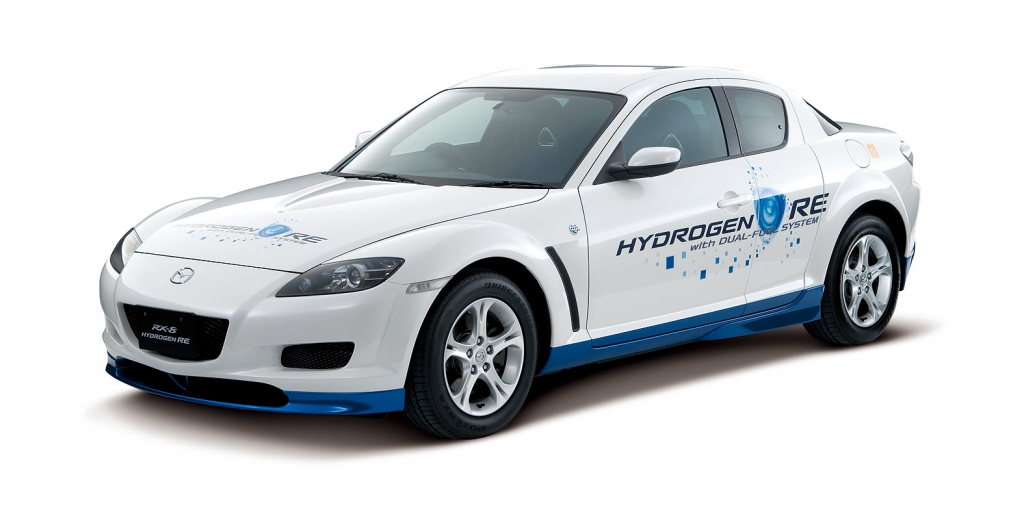
Over the recent years, Mazda has continued to invest heavily in ICEs, from its fuel-efficient range of SkyActiv engines to a potential revival of the rotary by utilising hydrogen as its source of fuel, something it previously trialled in 2003 with an RX-8 which could run on hydrogen or petrol.
Earlier this month, a handful of Japanese manufacturers including Mazda announced they would be developing carbon-neutral fuels for combustion engines, spearheaded by Toyota which has already debuted a hydrogen-powered Corolla race car, driven by the three-cylinder turbocharged engine from the GR Yaris.
Porsche has been developing its own bio fuels, and while it cost is significantly higher than that of fossil fuels – around $13.24 a litre to produce – Schultze believes this price would only continue to drop, right down to the equivalent of current fuel prices.
”By 2030, it can be around one euro [per litre]. When you factor in CO2 taxation on fossil fuels, I think gasoline prices will become even higher. E-fuels are very very close to being on a par with gasoline prices.”
We recommend
-
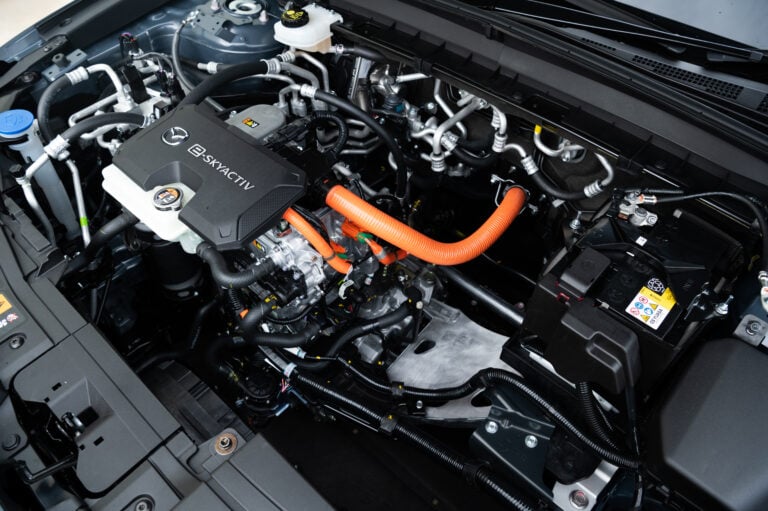 News
NewsMazda announces plans for 25 per cent EV line-up by 2030
Australia's second most popular car manufacturer has outlined its strategy to go electric
-
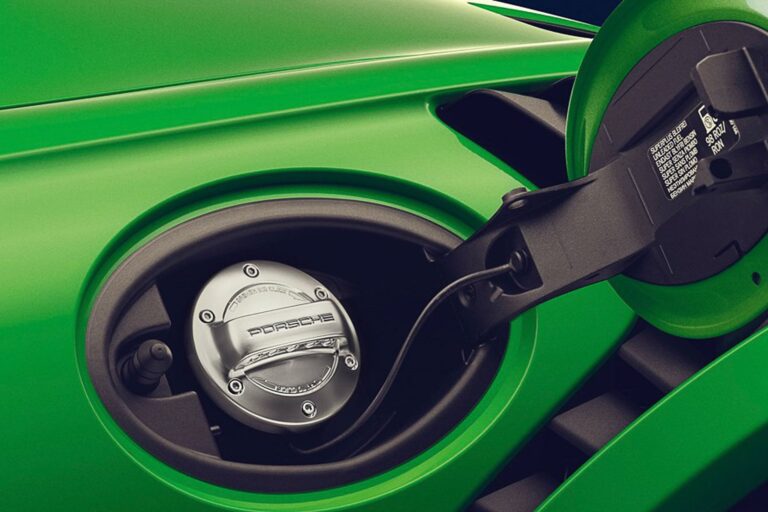 News
NewsPorsche develops its own synthetic fuel
Porsche moves towards artificial fuel production
-
 Features
FeaturesHow synthetic fuel could save internal combustion in the electric future
Does the future of the combustion engine reside with chemists creating this ground-breaking new technology? Porsche seems to think so...


